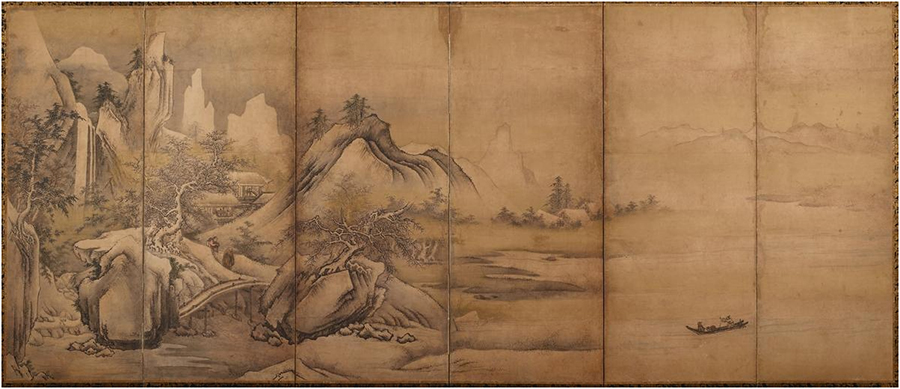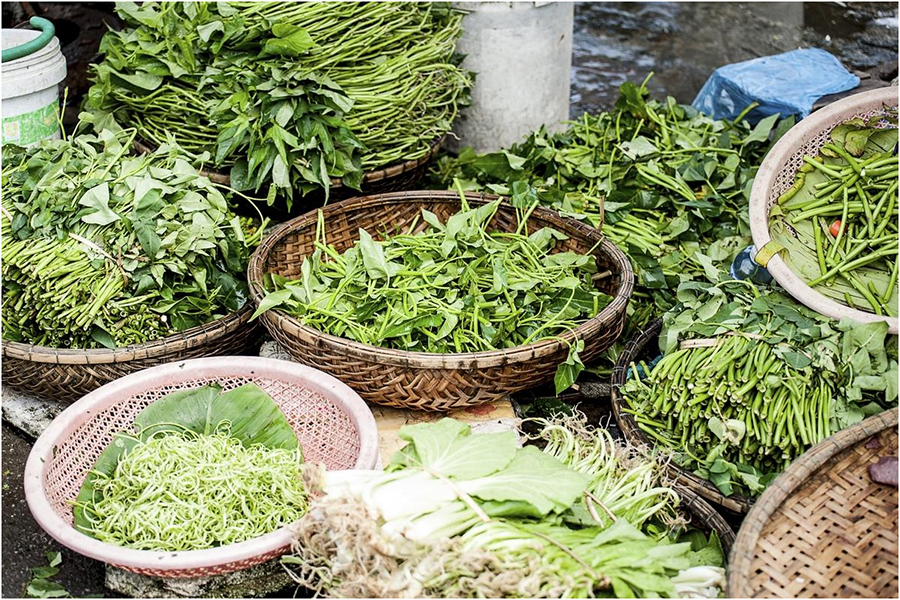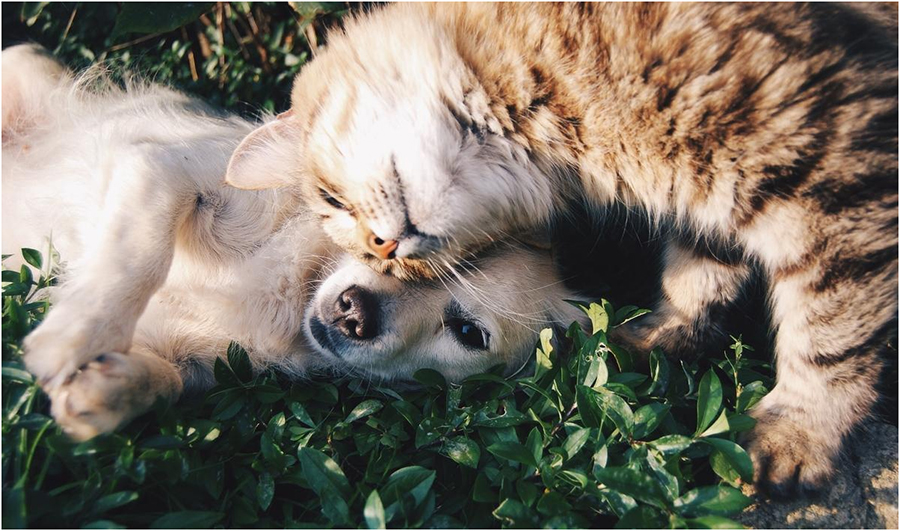
The Five Tastes
The following article is based on the first classics dedicated to materia medica, “the Divine Farmer's Classic on Materia Medica written in the Han dynasty (25-219 CE), lists the basic tastes and qualities of herbs in its introductory chapters:”:
"Herbs come in five tastes of sour, salty, sweet, bitter and pungent, along with four natures of cold, hot, warm, and cool..."
Its contemporary Qin and Han dynasty (221 BCE-220 CE) classic, the Yellow Emperor's Internal Canon, or Huangdi Neijing, is the first work to fuse herbs into the mix:
"The entering of the five tastes: sour enters the Liver pungent enters the Lung, bitter enters the Heart salty enters the Kidney and sweet enters the Spleen.
These five [tastes], respectively pungent, sour, sweet, bitter, and salty each possess their respective benefits, either through dispersing, astringing, moderating, tightening, firming or softening. Depending upon the four seasons and the five main organs, In Traditional Chinese Medicine (TCM) practice, diseases are to be treated through the indicated five tastes..."
According to the energetics of flavors; Ming dynasty Zhang Jingyue'sComplete Works of Jingyue, elaborates:
"Pungent governs dispersion therefore it releases the surface. Bitter governs purging and its movement descends, therefore it expels excess.
Sour governs collecting and its nature astringes, therefore it treats drainage. Bland governs percolation and its nature disinhibits, therefore it clears by separation.
Salty governs softening and its nature sinks, therefore it leads out stagnation. So, if one wishes to disperse the surface, one must move away from sour and cold."
Pathology of Flavors -> Healing Actions

Here are Pathologies that TCM practitioners notice when making inquiries about the types of food and diet the patients may be most engaged in consuming:
“When the taste is overly sweet, there is fullness in the chest with panting.
When the taste is overly bitter, Spleen energy is not nourished and Stomach energy grows dense.
When the taste is overly sour, Liver qi spills over and Spleen qi wastes.
(qi is the circulating life force whose existence and properties are the basis of much Chinese philosophy and medicine.)
When the taste is overly salty, the qi of the great bones is taxed and muscles shorten and there is oppression of Heart qi. Salty enters the Kidney and Kidney governs bones, so an excess of salty damages the Kidney and taxes the qi of the great bones. (Tax here means to severely bind). Salty goes to the blood, thus when the blood is damaged the flesh of the muscles shorten and contract. Salty is the taste of water; excess water damages fire and therefore Heart qi is oppressed.
When the taste is overly pungent, tendons and vessels become lax, and the spirit becomes sullen.
Pungent enters the Lung and excessive pungent causes Lung qi to invade the Liver.
The Liver governs tendons and so tendons and vessels become damaged and lax. Pungent disperses qi and the spirit is used up and is referred to as 'sullen'.
Thus it is important to carefully balance the five tastes, because bones must be upright and tendons supple, qi and blood must flow freely and the skin layers must be dense..."
Chapter 10 of the Neijing Plain Questions mentions similar path mechanisms along the five-element control cycle:
"If one eats excess salt then vessels coagulate and change color; if one eats excess bitter then skin becomes dry and hair falls out; if one eats excess pungent then tendons tighten and nails become brittle; if one eats excess sour then muscles become rough and wrinkled and lips chap; if one eats excess sweet then bones ache and hair falls out since these are the damages of the five tastes. Therefore, it is said that the Heart desires bitter, the Lung desires pungent, the Liver desires sour, the Spleen desires sweet and the Kidneys desire salty, since these are the gatherings of the five tastes."
Clinical Methodology
Knowing the five tastes for treatment is valuable because it provides the acupuncture clinician with a clear methodology that determines what herbs to use for restoring their patient's imbalanced organs’ energy. Flavors are also important with seasons because TCM diagnosing also factors states of temperature and environmental elements being or not being properly consumed.
FOR EXAMPLE: if someone has heart disease due to extreme summer heat, then this is a "proper evil" meaning a natural phenomenon (feel free to substitute the term “proper evil” as “not good”). But, if due to a poor diet, excessive stress from lack of sleep, or emotional shock then this would be considered "excess evil" (again, “not good”) and would require a different specific treatment protocol.
By establishing which of the five flavors and types of pathogenic "evils" (“not goods”) is or are responsible for an organ's impairment the clinician can conclude from which direction and with which taste to address the pathology.
In Chinese medicine, anything regarding the elements of our surrounding environment is factored either excessive or deficient "Evil” (“not good”) and is considered pathogenic obstructions that cause invasion of the natural "Qi" flow of life.
Conclusion
Although we have only touched the surface of reasons for seasons, we feel this article to be more helpful in understanding why acupuncture physicians include intake history of their patient's diet and lifestyle. Our brief discussion on the five tastes is intended to improve understanding and rationale behind the use of many common herbs and the importance of treating food as medicine.
It is clear to all licensed acupuncture physicians that when we acquire a deeper understanding of our patient's living habits, the better the diagnosis which creates a sounder treatment protocol. Understanding what quality of food, lifestyle, seasons, and Chinese herbs as therapeutic actions to the organs gives less doubt to the practitioner as to which herb and food therapy best to prescribe in each clinical situation.

We can’t end this without mentioning our beloved pets. In our last article,Preparing for Fall Detox, we mentioned them as well. Have you thought about the foods for your dog or cat? Consider changing up their food with the seasons.
Some final examples:

Lamb & duck are good for the winter but should not be given in the summer. It could cause dogs to pant so if nothing is wrong with them and they are panting you, can look at their food.
Wheatgrass for a cat, while good all year round, it’s great in the summertime. It has cooling properties and is good for the liver, plus it helps with hairballs.
To learn more about our services, please contact our office at 561-249-04447 for a consultation on how to start your annual wellness optimization. During the consultation, we can provide guidance on the best treatments or healing modalities to improve or enhance your wellness.
Your health team: ChahAcutherapy – We are here for you.
